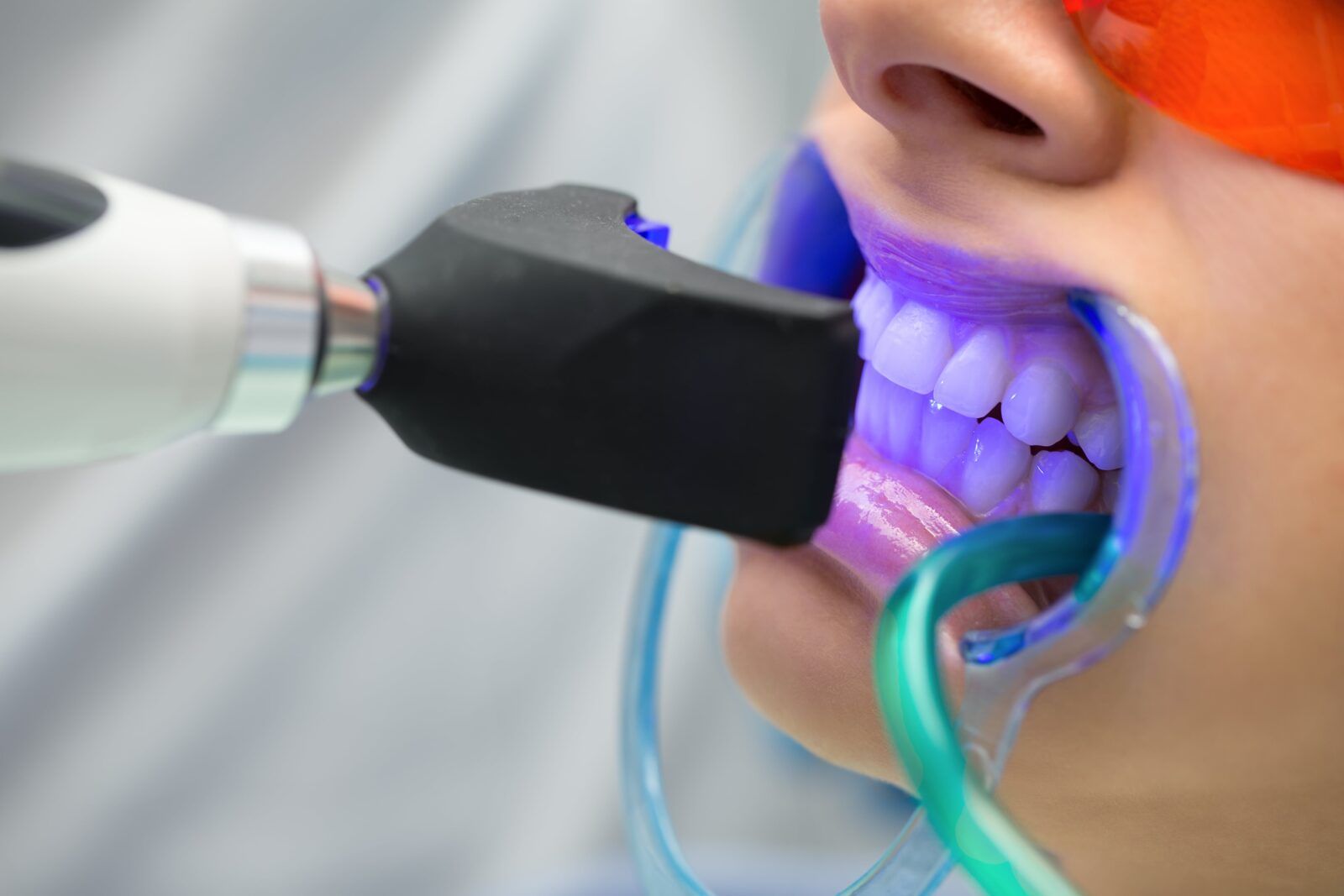Quick Contact
Mon, Tues, Thurs: 8AM - 5PM
Wed & Fri: 8AM - 2PM
Saturday: Closed
Sunday: Closed
Copyright © 2020 Optimized360® | Dental Websites by O360® | Privacy Policy | Terms of Use | Disclaimer | Web Accessibility Statement
Teeth whitening is a popular dental procedure aimed at improving the aesthetic appearance of one’s smile by lightening the color of the teeth. This cosmetic treatment can significantly enhance self-confidence and is sought after by many individuals looking to combat the effects of staining and discoloration. In this blog, we’ll explore the different types of teeth whitening treatments and discuss who makes an ideal candidate for this procedure.
Teeth whitening involves the use of bleaching agents, typically forms of peroxide, to remove stains and lighten the color of the teeth. Over time, teeth can become stained or discolored due to various factors, including diet (consumption of coffee, tea, and wine), smoking, age, and certain medications. Whitening treatments aim to reverse these effects, offering a brighter and more youthful smile.

Not everyone is a suitable candidate for teeth whitening. The ideal candidate for this cosmetic procedure is someone with:
Candidates should have healthy teeth and gums with no signs of decay, gum disease, or severe sensitivity. Any oral health issues should be addressed before considering teeth whitening.
Whitening treatments are most effective on natural teeth. Fillings, crowns, and veneers will not respond to bleaching agents, which could lead to uneven whitening.
Understanding that whitening can significantly improve the appearance of one’s smile, but might not achieve a perfect white shade, is important. The natural color of your teeth and the type of staining will affect the outcome, therefore it is important to have realistic expectations.
For lasting results, it’s recommended that candidates do not smoke, as smoking can quickly cause the teeth to become stained again.
Typically, candidates should be over the age of 16 and should not be pregnant or breastfeeding. Lifestyle factors, such as diet and oral hygiene habits, will also play a role in the effectiveness and longevity of the whitening results.
Teeth whitening can be a transformative cosmetic procedure, offering a brighter and more confident smile. By understanding the different types of treatments available and assessing whether you are an ideal candidate, you can make an informed decision and achieve the best possible results from your teeth whitening journey. Consulting with a dental professional is the first step to determine the most suitable treatment plan and to ensure that your smile is both healthy and beautiful.